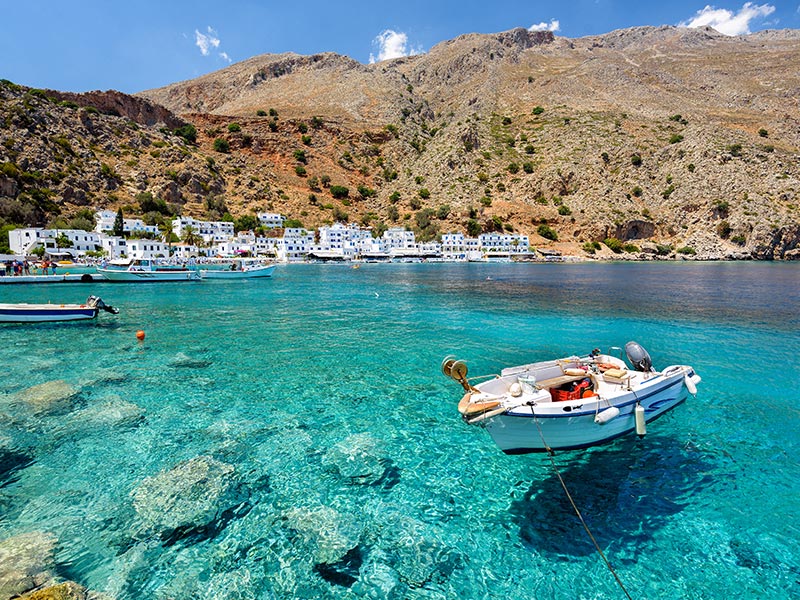The connection between ancient Crete and the legend of Atlantis has fascinated historians and scholars for centuries. The myth of Atlantis, first described by the philosopher Plato in his dialogues “Timaeus” and “Critias” around 360 BCE, tells the story of a powerful and advanced island civilization that sank into the ocean “in a single day and night of misfortune.” While the myth’s origins remain mysterious, many believe that Minoan Crete, one of the most advanced ancient civilizations, may have inspired aspects of the Atlantis story.
The Minoan civilization, which flourished on Crete from approximately 2700 to 1450 BCE, was known for its remarkable advancements in art, architecture, and trade. The Minoans built sophisticated cities, like Knossos, complete with large palaces, intricate plumbing systems, and vibrant frescoes. Their peaceful, seafaring culture dominated the Mediterranean for centuries, making them a likely candidate for inspiring Plato’s Atlantis.
A major factor linking Crete to Atlantis is the Thera eruption (modern-day Santorini) around 1600 BCE. This massive volcanic eruption devastated the nearby Minoan civilization, causing tsunamis and possibly contributing to the civilization’s decline. The sudden destruction of an advanced, island-based culture by a natural disaster fits Plato’s description of Atlantis’s catastrophic end.
While there’s no concrete evidence proving that Atlantis was real or that it was based on Crete, the parallels between the Minoan civilization’s sudden decline and Plato’s story are striking. Over time, the legend of Atlantis may have grown, combining elements of various ancient cultures and catastrophes into one enduring myth. Today, the Minoan-Atlantis connection remains a popular theory among those intrigued by ancient history and mythology.
Related Articles
Velcro: The Sticky Inspiration from Nature
Velcro is one of those everyday inventions we take for granted, but its origin story is a testament to the brilliance of observing nature. The idea for this ingenious fastening system came during a...
The World’s First Vending Machine: Ancient Greek Ingenuity
When you think of vending machines, you probably imagine snacks, drinks, or even high-tech gadgets. But did you know the first vending machine was invented over 2,000 years ago in Ancient Greece?...
From Saint to Santa: The Fascinating History of St. Nick
Santa Claus is one of the most recognized figures in the world, but his origins are far from the North Pole. The jolly man in red has a long and fascinating history that stretches back over 1,700...





